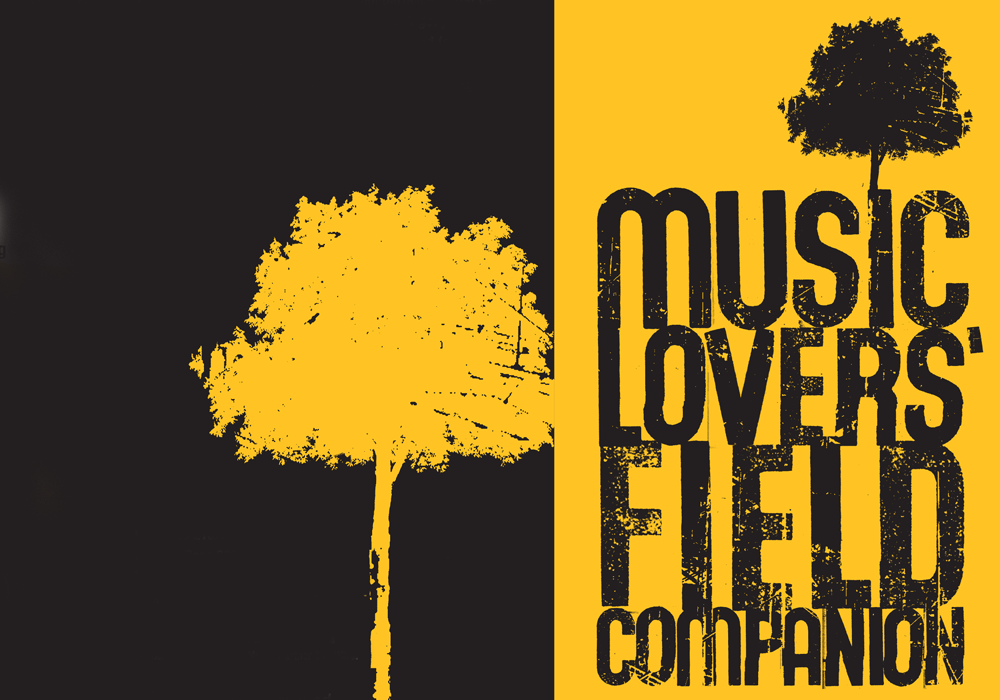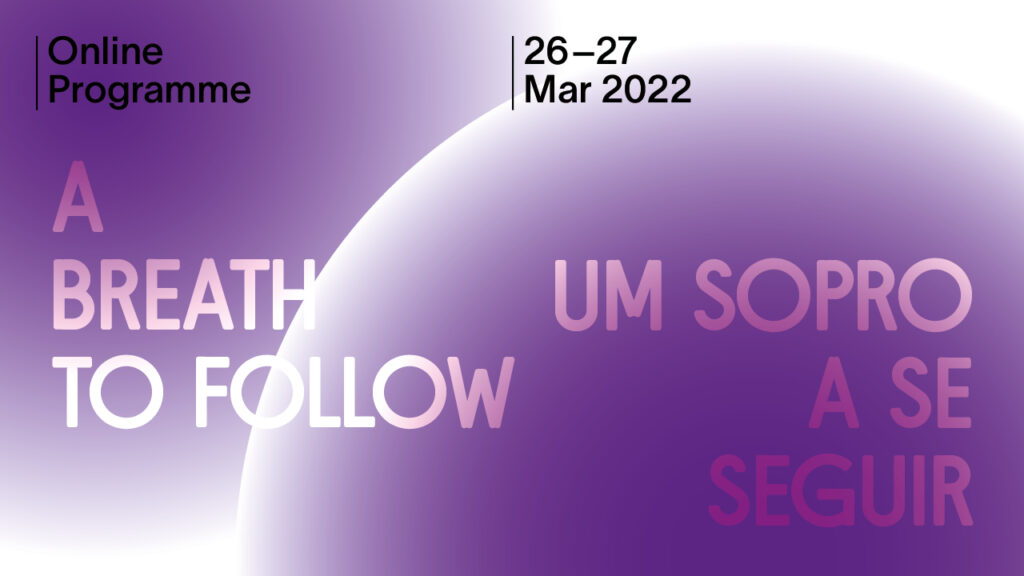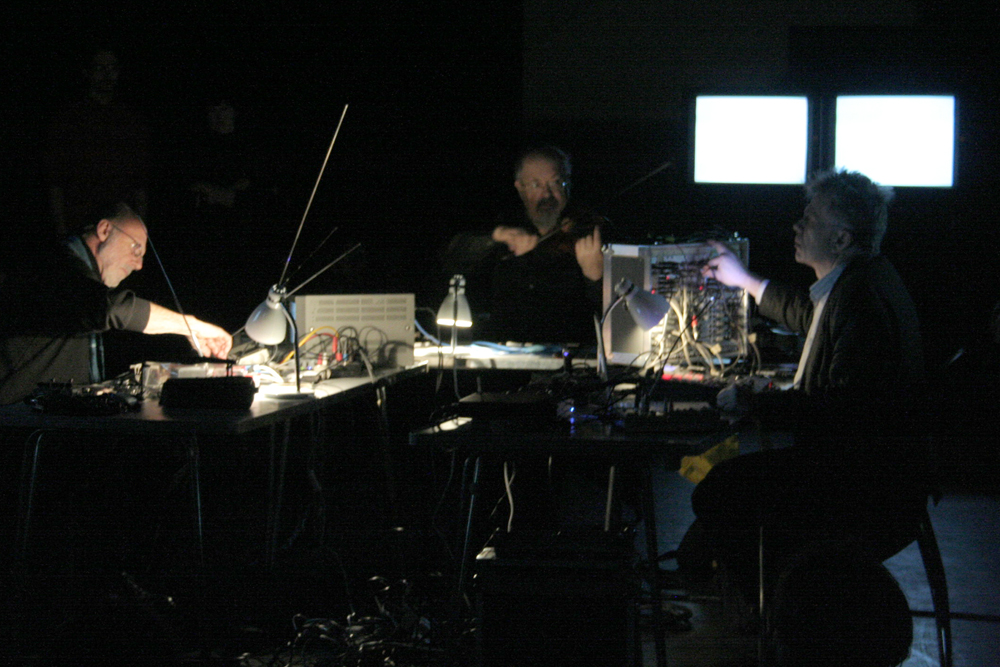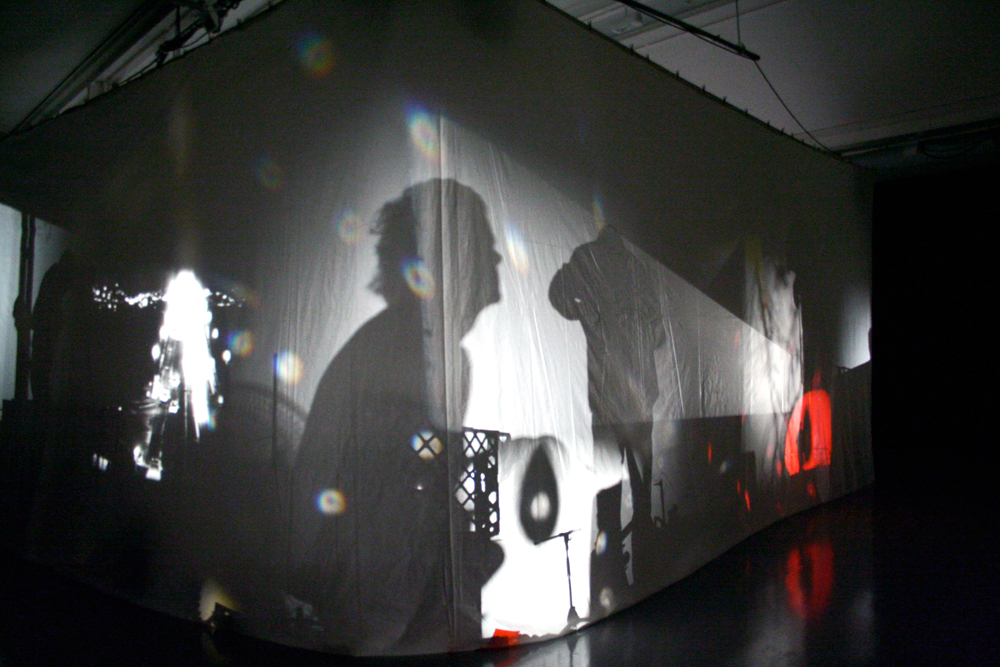Infest – Birds of Delay & Nackt Insecten
Birds of Delay Nackt Insecten
Out holler/ howl of English pukenoise posterboys exploded by incessant insect chatter of Northern fug dweller.
Arika have been creating events since 2001. The Archive is space to share the documentation of our work, over 600 events from the past 20 years. Browse the archive by event, artists and collections, explore using theme pairs, or use the index for a comprehensive overview.
Out holler/ howl of English pukenoise posterboys exploded by incessant insect chatter of Northern fug dweller.

Come for the crip ingenuity; stay for the smooth feels of what it is to be each other’s everything.

Can a collective performance of NourbeSe’s poem of black life as it exceeds containment enact alternative forms of selfhood that emerge in and out of African diasporic experience?

A panel exploring the poetics of abolition. “Poetry is not only dream and vision; it is the skeleton architecture of our lives. It lays the foundations for a future of change.”

A three-day celebration surveying all manner of diverse musical activities, which at their core share a basic kinship: one of exploration and the discovery of musical expresssion.

Some of the most breathtaking, delicate and smoke filled guitar playing this side of Loren Connors or the quieter sides of Keiji Haino.

2 days of online discussions and artists presentations exploring the cosmological, decolonial, sensorial practises of Black and Indigenous grass roots art, dance and music collectives in Brazil.
Dois dias de discussões e apresentações online de artistes explorando as práticas cosmológicas, decoloniais e sensoriais de coletivoas de arte, dança e música de base negra e indígena no Brasil.

Politicised fan-fiction chronicling working class gay urban space and fantasy.

An immersive environment where sound is looped through oscillators, radio, guitar pick-ups and video amps to create dense strobing images and colours

The Cube is a 6 hour performed installation in which sound and image are treated as independent but equal, where musicians and filmmakers sit alongside each other, improvise to and feed off both projected image and amplified and acoustic sound.

Solo performance on bass clarinet, jaw harp & voice by Arrington De Dionyso.

This programme takes human subjects as the focus for sound and image construction. And it includes a couple of masterpieces of experimental film: Paul Sharits’ deeply empathetic interpretation of epilepsy and Peter Kubelka’s Webern inspired abstract portrait of Arnulf Rainer.